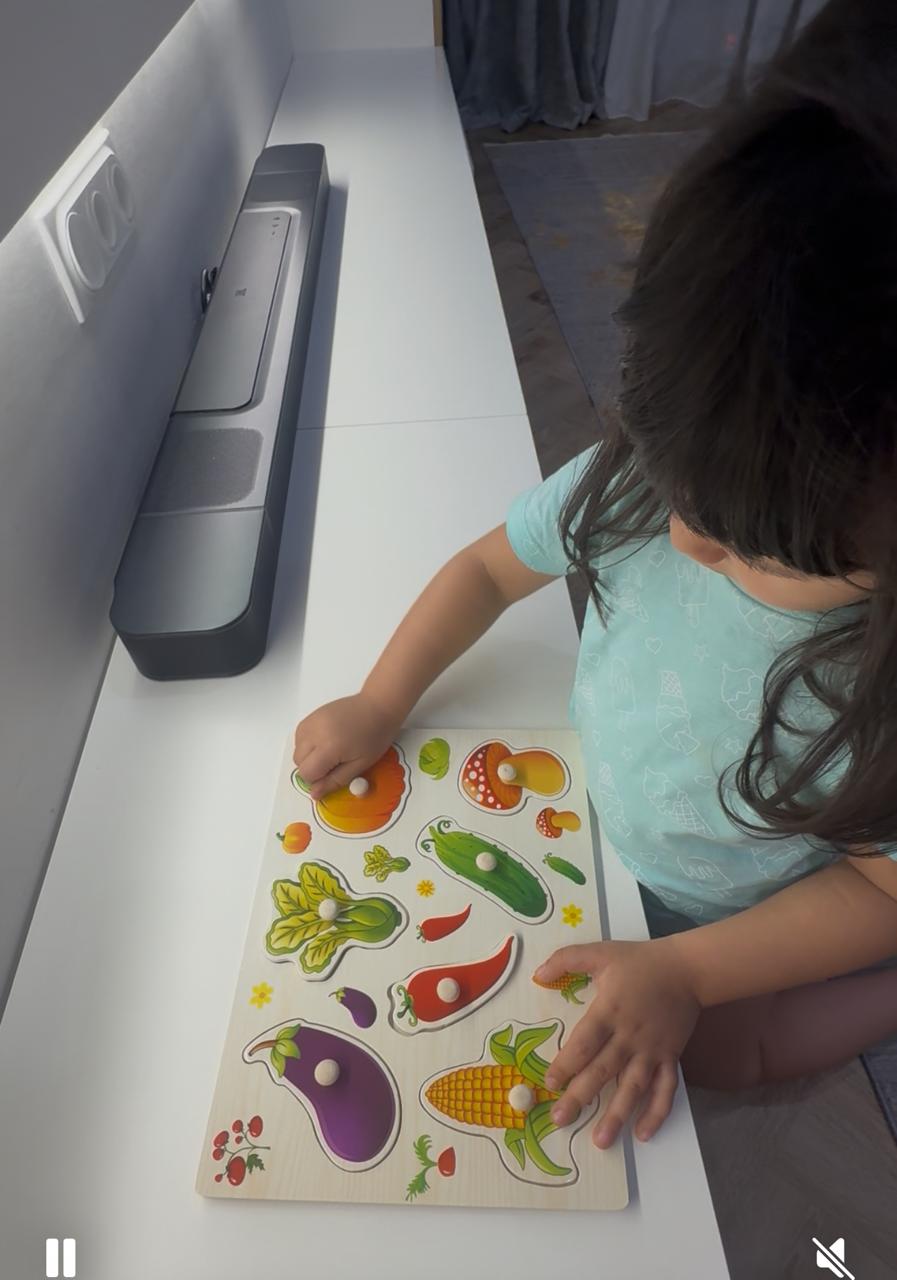Autism in Adulthood
Autism spectrum disorder (ASD) is typically considered a “childhood” diagnosis because it is usually diagnosed in the early years of life. However, there are situations where this diagnosis is made for the first time in adulthood. The reasons for this vary—ranging from mild, “invisible” forms of ASD (such as Asperger’s syndrome) to situations where parents notice typical symptoms but avoid seeking medical help due to personal beliefs. Therefore, yes, such a diagnosis can also be encountered in adulthood.
Why Are Children Born with Autism?
The causes of ASD are not fully understood. One of the most well-supported theories is the genetic theory. It is believed that genes responsible for the maturation of synaptic connections in the brain may mutate. Autism is more commonly passed down through the maternal line. Factors that provoke genetic mutations can include any teratogens—substances that cause toxicity, especially in the first 8 weeks of pregnancy. These factors include:
- Maternal infections
- Metabolic disorders
- Exhaust gases, especially from diesel engines
- Heavy metals
- Phenols and phthalates in plastic products
- Pesticides in food
- Alcohol, smoking, and drugs
There are other theories of autism’s origin, but none are 100% reliable or proven. The incidence of autism today is approximately 2 people per 1,000 of the population, with milder forms of autism, such as ASD, being much more common—6 cases per 1,000. These statistics have increased alongside the improvement of diagnostic tools.
Symptoms of Autism in Adults: What Are the Typical Signs?
The manifestations of autism in adults are often confused with the symptoms of prolonged depression or chronic stress. A timely diagnosis helps to understand what is happening and how to assist the person. An adult with ASD may not understand the reasons behind their discomfort with certain sensations, noisy groups, socializing, or specific types of humor, for example.
Typical symptoms of autism include:
- Withdrawal, ignoring communication, and isolation
- Lack of eye contact or, conversely, intense “eye-to-eye” staring
- A narrow range of interests
- Emotional instability, inability to critique one’s own condition
- A sense of unreality or disorientation
- Repeating certain words, phrases, or actions (often from movies or songs)
- A tendency to keep everything in a specific order
- Lack of humor
- Inability to form relationships
- Conservatism—rigidity of habits, with any life changes being perceived as extremely dramatic
Even if some of these symptoms are present in a person’s behavior, it is essential to seek advice from specialists.
Stem Cell Therapy for Autism in Children—A Hope for the Future
The best way to prevent autism in adulthood is to effectively address it during early childhood. This requires early diagnosis and corrective work with a psychotherapist, neurologist, and ABA therapist. However, the most effective method for early autism intervention is stem cell therapy. Stem cells have immense potential to restore damaged neural connections, which allows for work on speech development in children with autism and helps minimize the manifestations of ASD. This procedure is successfully practiced at the Mardaleishvili Medical Center in Georgia.
You can learn more about the stem cell transplant procedure by contacting the clinic staff.
Autism Treatment Center Videos
Autism treatment with own stem cells
Cord blood association congress
International Quality Crown
Autism Treatment Reviews
Autism treatment with own stem cells
The story of Alessandro (6 years old)
Autism Patient Testimonial - Stem Cell Treatment
Clients Testimonials

Anna – Sasha’s mother Read More

Amirkhon’s father — Tokhir Read More

Dilana’s mother Read More

Irina and Stefan – Ilya’s parents Read More

Kristina – mother of Nelly and Nik Read More












